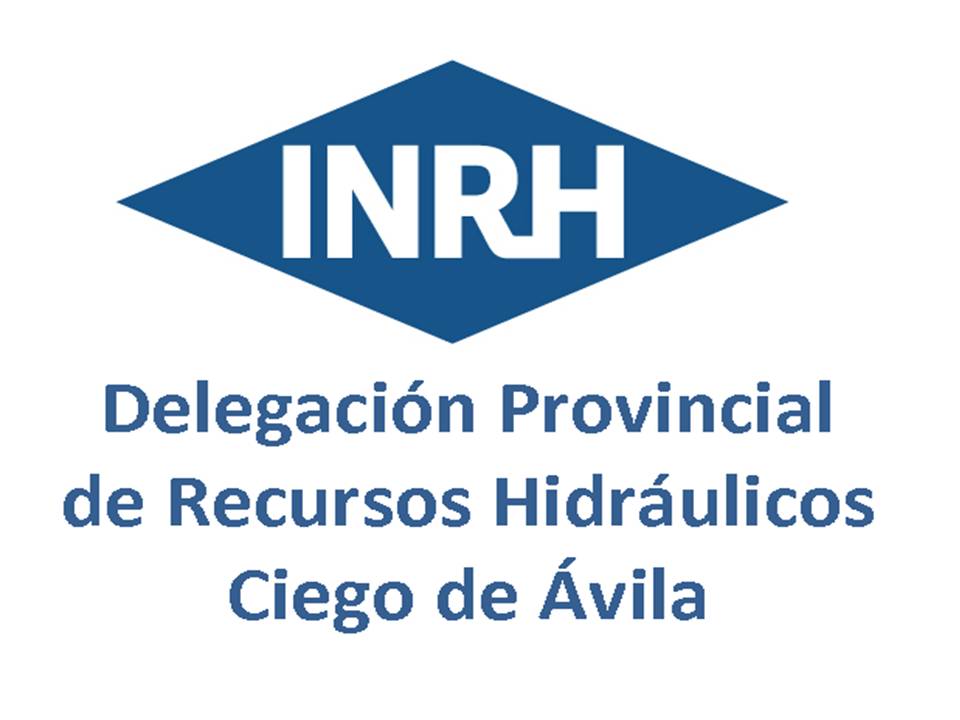- Delegación Provincial de Recursos Hidráulicos
- * Provincial Delegation of Hydraulic Resources
- Hits: 577
Provincial Delegation of Hydraulic Resources

The INRH (by its Spanish initials) was created by the Revolution on August 10, 1962, at that time backed by Law No. 1049. The institution,directed by Commander Faustino Pérez Hernández, was founded, and had the arduous task of setting the foundations of hydraulic work by designing the first national hydraulic strategy based on the economic development of the country and initiating an ambitious construction program. Also, it assumed the care of the aqueduct and sewerage services.
On June 6, 1989, through Decree Law No. 114, a new Organism of the Central State Administration was created, which takes the same name as the one founded on August 10, 1962, and it is maintained on August 10 as the day of the hydraulic worker.
Currently, the National Institute of Hydraulic Resources has in its structure a President, three Vice Presidents, 17 National Directorates, 3 Independent Departments, 4 Business Groups and 14 Delegations.
Through Resolution No. 147, the Provincial Delegation of the National Institute of Hydraulic Resources of Ciego de Ávila was created as a Budgeted Unit, located in the place known as Km 2½, ahighway toward the Morón municipality.
The Delegation of Hydraulic Resources is the body in charge of directing, executing and controlling the policy of the State and Government, regarding the activities of hydraulic resources in the province and in addition, to the common functions of the State Central Administration Bodies.
Mission
To direct, supervise, control and execute the policy of the State and the Government regarding the Hydraulic Resources of Ciego de Ávila
View
To manage water in an integrated way at the scale of society, the economy and the environment, providing sustainable development and security to the province.
As specific tasks and attributions it has the following:
- To organizes and directs with the competent bodies, the protection of terrestrial waters, basins, natural channels, works and hydraulic installations against the dangers of contamination, siltation and other forms of degradation and deterioration, as well as the systematic control of the water quality.
- To determine with the corresponding agencies, the necessary regulations for the protection of economic and social objectives and the natural environment from the harmful effects that terrestrial waters may cause, establishing the organization, assurance and control actions that guarantee safety and security. Besides, the correct functioning of the hydraulic installations, the flood protection works, the underground drainage and the conduction capacity of the natural and artificial channels.
- To conclude and keep updated the hydraulic potential of the province, make available to the competent bodies the data and characterization of the hydrological cycle related to surface and groundwater, rain and evaporation.
- To propose the hydraulic development strategy of the province and in correspondence, norm and control the activity of projects and investments of the hydraulic, aqueduct and sewerage works that are executed.
- To plan, regulate and control hydraulic resources, as well as cooperation, technical surveillance and maintenance of works and hydraulic installations.
- To norm and control the activity of the aqueduct, sewerage and storm drainage.
- To organize and guarantee the operation of the national land water registry in which the concessions, assignments and authorizations related to the use of water and its preservation are registered in accordance with the requirements of the law.



